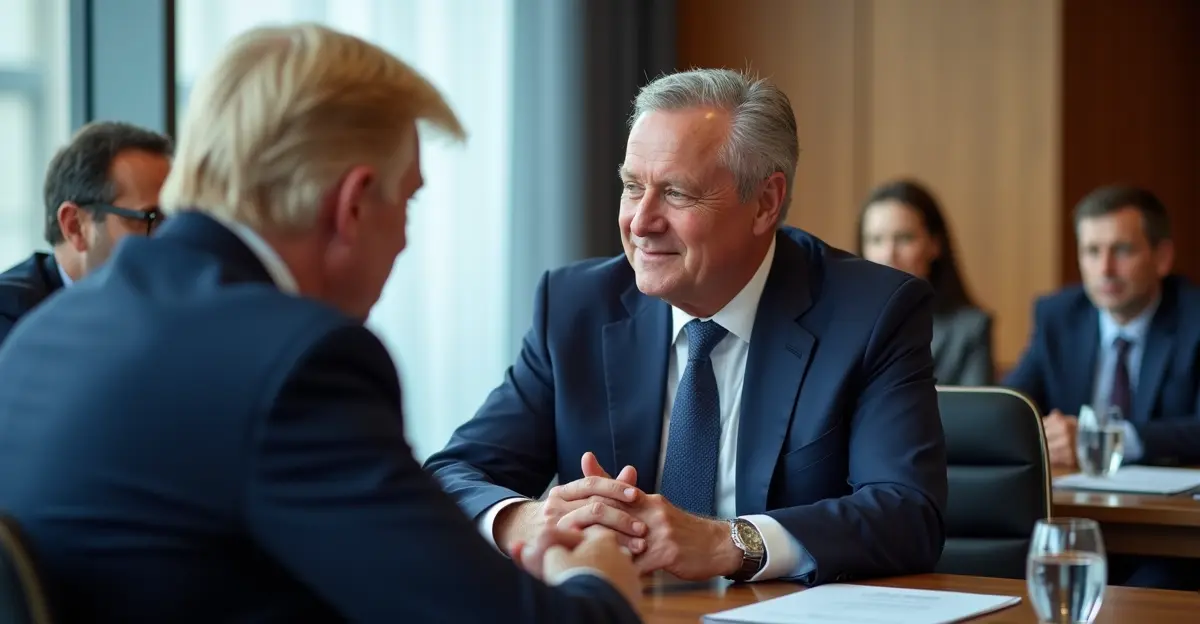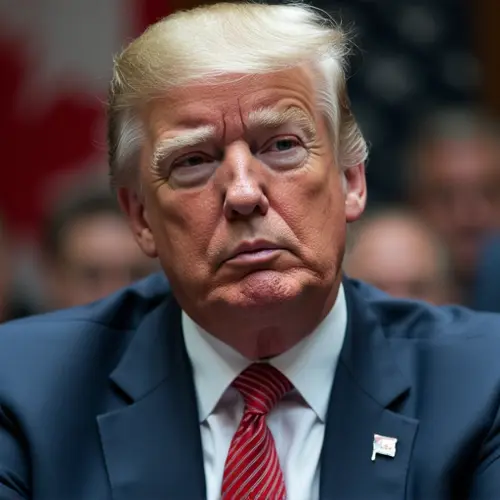
Mixed Reactions to Transatlantic Trade Agreement
The recently concluded trade agreement between the United States and European Union has elicited contrasting responses from European leaders. While the deal avoids potentially catastrophic tariffs, it imposes significant new trade costs.
Terms of the Agreement
The US will implement a 15% import tariff on most EU goods, excluding certain products. This represents a substantial increase from the previous average tariff of 4.8%. Notably, automotive tariffs will decrease from 27.5% to 15%, providing relief for Germany's export-driven economy.
Critical Perspectives
French Prime Minister Bayrou described the agreement as a "somber day" for the alliance of free nations. Hungarian PM Orbán offered harsher criticism, stating "Donald Trump ate Von der Leyen for breakfast," suggesting the European Commission President was outmatched in negotiations.
Cautious Acceptance
German Chancellor Merz emphasized the positive aspect of averting a full-scale trade conflict. Finnish PM Orpo welcomed the "much-needed predictability" for businesses, while Irish Trade Minister Harris acknowledged the deal as essential for economic stability despite its shortcomings.
Strategic Implications
EU Trade Commissioner Maros Sefcovic warned that without this agreement, transatlantic trade could have halted entirely. The EU's acceptance reflects its broader dependence on US cooperation regarding Ukraine and European security matters. Negotiations continue to address sector-specific concerns, particularly steel and aluminum tariffs currently at 50%.

 Nederlands
Nederlands
 English
English
 French
French
 Deutsch
Deutsch
 Espaniol
Espaniol
 Portugese
Portugese









